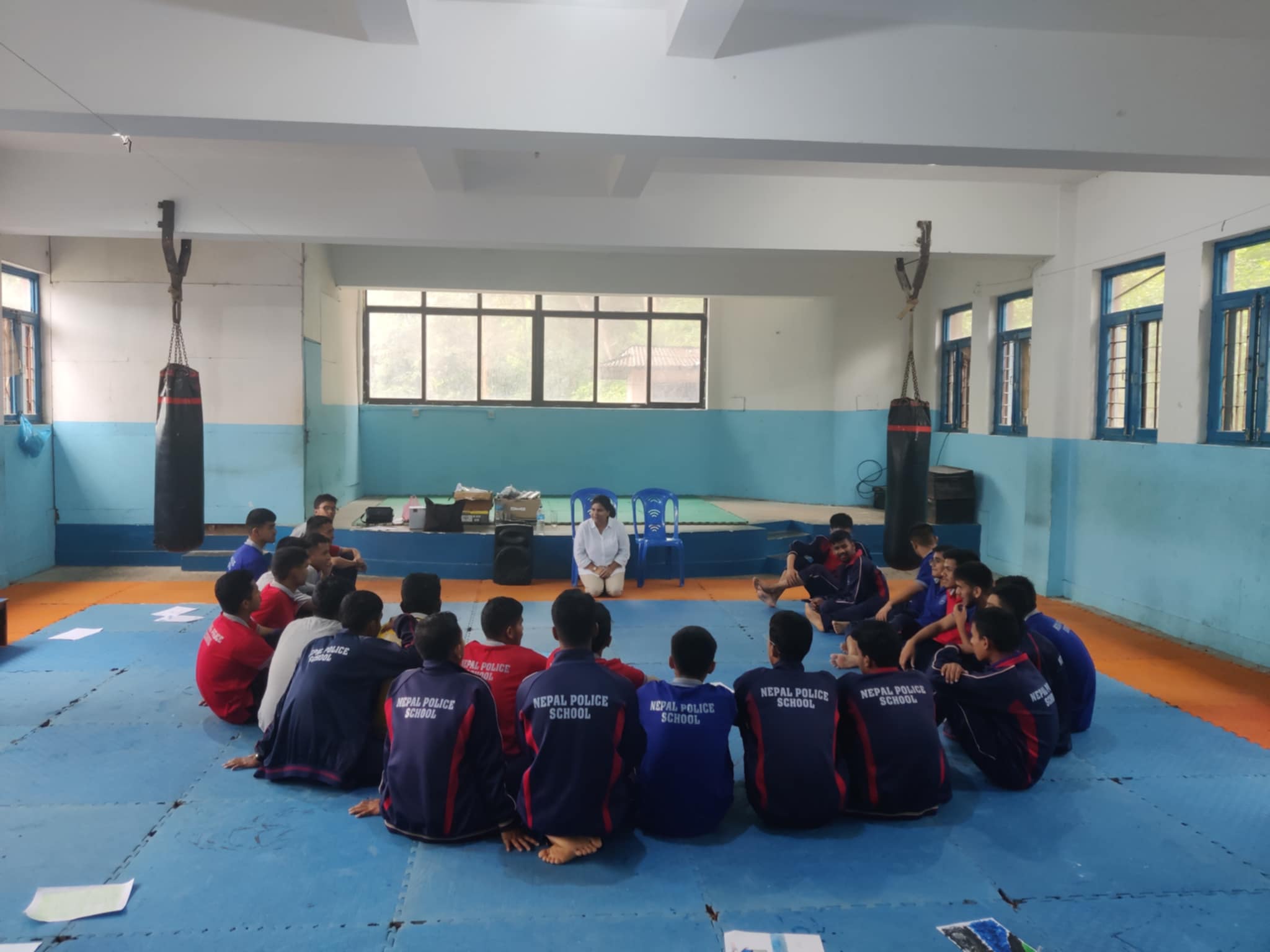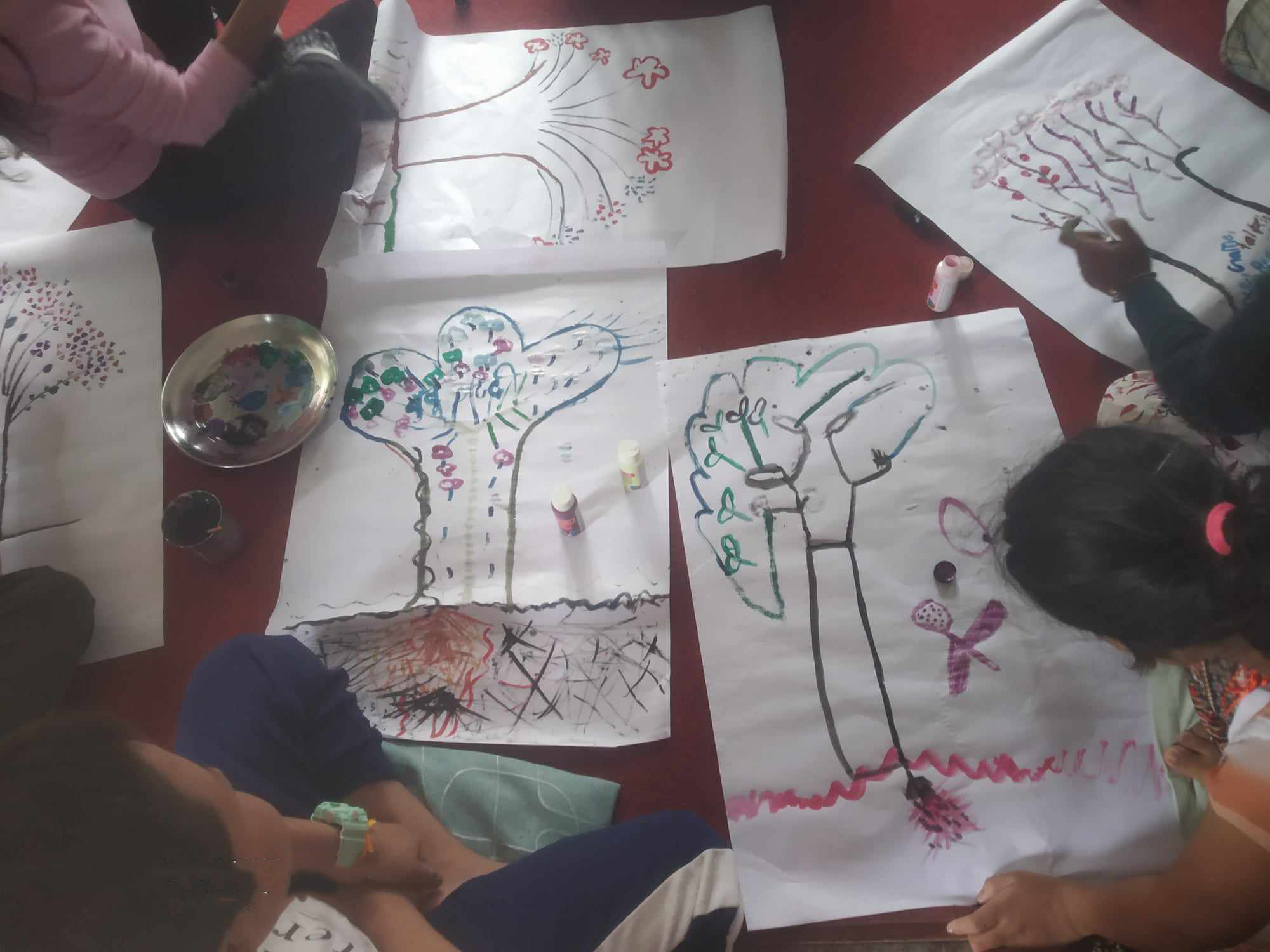ANTARDRISTI NEPAL (AN) FACETS
Education/Awareness
AN’s community outreach efforts are vital in promoting mental health awareness, particularly for survivors of rape and incest. Through educational workshops, seminars, and family empowerment training, AN aims to equip both teachers and students with knowledge and resources. The inclusion of student-based dramas serves as a powerful tool to engage younger audiences, fostering empathy and understanding. By raising awareness in schools and the wider community, AN helps break the stigma surrounding mental health, encouraging open dialogue and support for those affected. These initiatives are crucial in creating a more informed and compassionate environment for healing and recovery.

Healing/Empowerment

AN’s safe house in Kathmandu serves as a crucial sanctuary for survivors of abuse under 18. It offers a nurturing environment where they can access psychological counseling and psychotherapy tailored to their needs. This support helps mitigate the trauma associated with incidents of rape and incest, facilitating healing.
Family counseling is also a key component, equipping family members to better understand and support the survivors, fostering a stronger support system. With professional psychosocial assistance, clients experience improved social adjustment and increased acceptance within their families and communities.
In addition to emotional healing, survivors receive job skills training or educational support, depending on their age. This holistic approach not only helps rebuild their confidence but also empowers them to realize their potential, paving the way for successful reintegration into society. Through these efforts, AN is not just aiding recovery; it’s enabling a brighter future for these young individuals.
Before reintegration, AN conducts thorough risk assessments to ensure the safety and well-being of the children. Believing in the importance of reunifying children with their families and communities, AN prioritizes interventions that aim to benefit the children without causing harm.
The team visits each child’s home to evaluate their social, economic, and family environment, as well as access to essential services like schools and medical clinics. If the conditions are deemed suitable, the child is reintegrated into the community.
AN also implements a structured follow-up process, checking in every quarter to monitor the child’s progress and ensure ongoing support. This comprehensive approach helps facilitate a successful transition, fostering resilience and stability for the children as they rebuild their lives.
